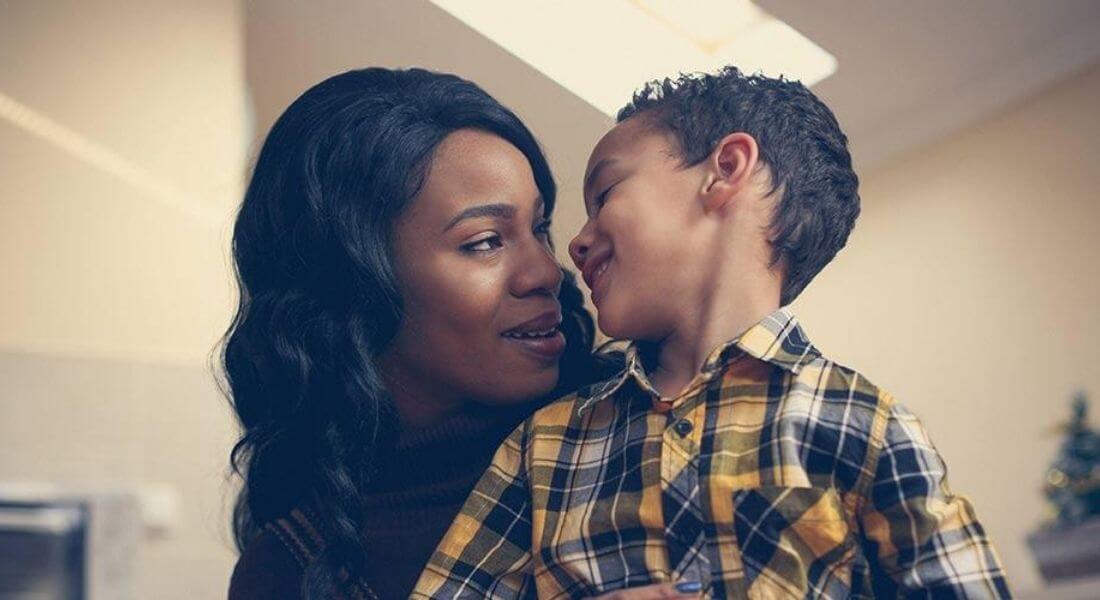Understanding Early, Intermediate and Advanced Learners
February 18, 2019
February 18, 2019

When people hear about a Board Certified Behavior Analyst (BCBA), they think that they work in forensics and are the star of a criminal TV Show. As cool as that would be, they do something even better! Using Applied Behavior Analysis (ABA), our BCBAs take the science of learning and behavior and use it to teach new skills and replace unwanted behaviors using evidence-based strategies.
Many people think of “behavior” as a negative term, but it is really just any action that is observable and measurable. ABA therapy addresses negative behaviors, but that’s only one part of what it does. ABA therapy also promotes learning new skills and increases socially significant behaviors. Here are some examples of what an ABA session may look like for different types of learners.
Early learners are children that typically display these characteristics:
During an ABA session with early learners, communication is one of the biggest skills we target. Teaching “manding,” or requesting, is usually a good place to start. We do this by discovering what motivates the child and setting up situations where they will have to ask or request using words, signs or other alternative communication devices. Another skill we work on at this stage is imitation. Learning to imitate will help a child acquire new skills as we use imitation to teach new skills as they progress. For early learners, we may also work on following one-step instructions, matching pictures and objects, and labeling objects. Many of our early learners are not yet independent with using the toilet or washing their hands, and ABA can help them learn those things.
We consider intermediate learners to be children that:
There is a push for early intervention, but don’t let that stop you from looking into ABA for intermediate learners. With intermediate learners, we may work on advancing communication by teaching them to answer questions. We can also teach intermediate learners to expand their language and work on responding in complete sentences. We may also work on visual perceptual skills like puzzles, patterns, and matching similar objects or pictures. Social skills are another behavior we can target. We can teach them to initiate play, take turns, accept another person’s play choice, and more!
Advanced learners are children that:
ABA therapy is worth looking into no matter the learning stage of your child. Its individualized approach makes it effective for all types of learners at all different stages. If you’re interested in how ABA therapy can help your child, contact us for more information!
*Informed consent was obtained from the participants in this article. This information should not be captured and reused without express permission from Hopebridge, LLC.
Autism Therapy
September 19, 2018
What Does a Day at Hopebridge Look Like for your Kiddo? - Ask Kim Video Series